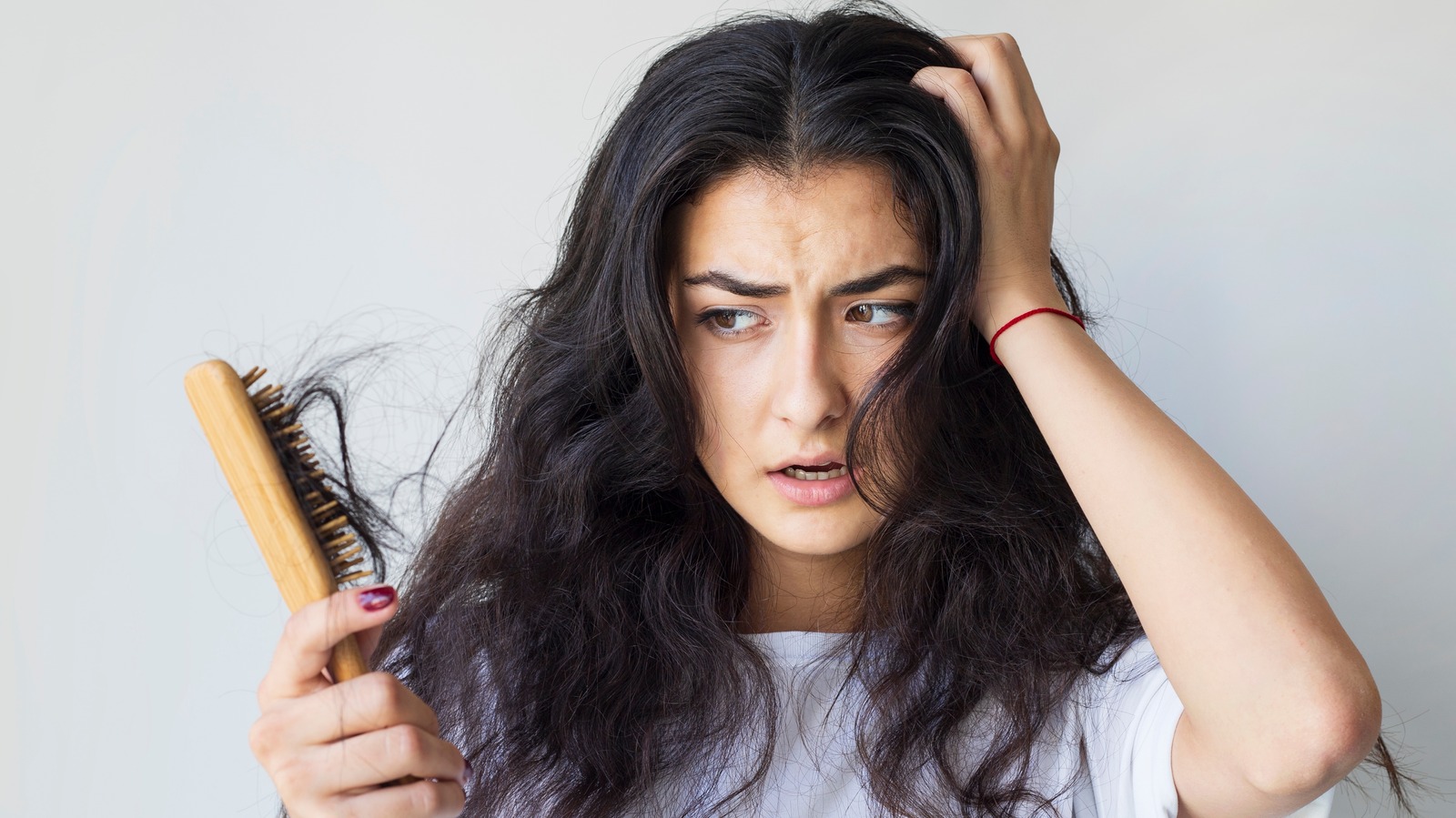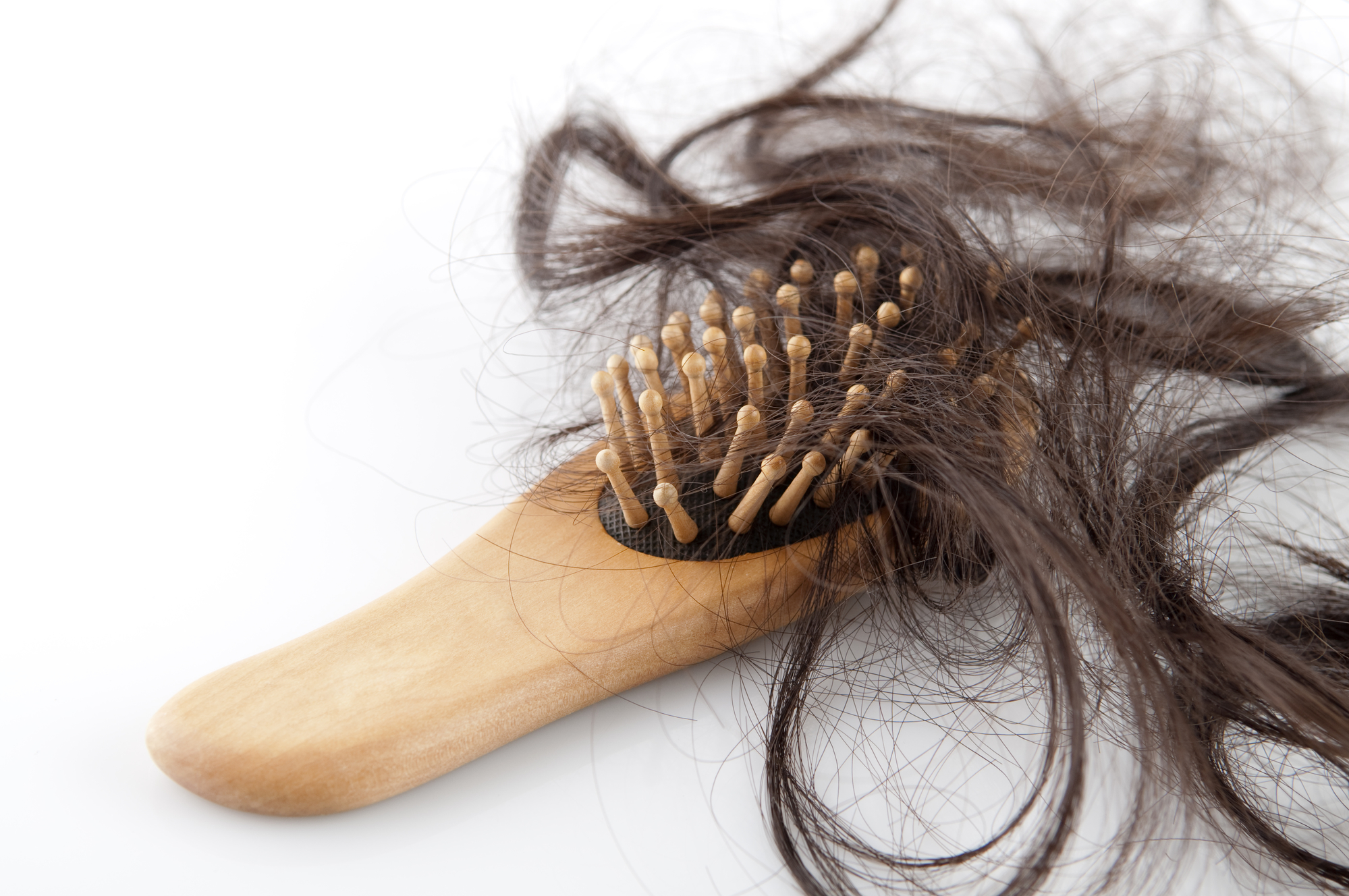Table Of Content

Many analysts and citizens believe that the Constitution, more than 230 years old, is out of touch with contemporary America. We asked five scholars to isolate the problem they’d attack first. You want to make habits that aren’t just highly effective for managing stress as you’re going through it but also for building resilience to cope with future stress.
What other common types of hair loss are there?
When you pull your hair, you feel some sense of relief, as it can be a way of dealing with negative or uncomfortable feelings. However, it can also cause more stress, as some who deal with trichotillomania experience issues with body image due to hair loss. In degeneration (catagen), hair ceases to grow, and the follicle at the base of the strand shrinks. In rest (telogen), hair falls out and the process can begin again. Hair is among the few tissues that mammals can regenerate throughout their lifetime.
Telogen effluvium
Stress-related hair loss is often temporary, so it's unlikely your hair will be lost forever. But it's still important to speak to a doctor about it, especially if it's bothering you. However, with the proper products and techniques, this concern can be addressed. Revamping your wash day routine with targeted shampoos, conditioners, and treatments can help restore strength and shine to your hair.
The signs of telogen effluvium
If your hair loss is stress related, your hair follicles haven’t been permanently damaged. Managing your stress and taking good care of your health could result in your hair returning to a normal rate of growth. "Telogen effluvium always happens 90 to 120 days after the stressful event," says Gaunitz. If there was some type of major incident, you may very well be experiencing TE. To that point, this isn't a subtle type of hair loss; it will be sudden, rapid, and intense.

The hair may grow back and fall out repeatedly over a period of time. AA can affect men and women of any age, affecting over six million people in the United States. Thinning caused by telogen effluvium may be treated with a medication called minoxidil (Regaine) – this is a topical treatment applied directly to the scalp. Between six and seven million people in the U.S. are affected by AA. Alopecia areata hair loss is generally patchy and can happen anywhere on your scalp.
Types of stress-related hair loss
That's so long as there are no other types of underlying hormonal, genetic, or nutritional factors at play, he notes. Traction alopecia is the result of environmental factors, such as wearing your hair in tight hairstyles, Agbai says. Telogen effluvium refers to the excessive shedding of hair follicles, and it occurs when hair follicles prematurely skip to the end of the hair growth cycle, she adds.
This article is written by Dr. Daniel K. Hall-Flavin and Mayo Clinic Staff. More health and medical information can be found on mayoclinic.org. We all lose about 100 hairs a day, which isn’t much since there are around 100,000 hairs on the average scalp. Stress can cause hair loss, and there are a couple of different reasons it happens. There are also some things you can do if you think your hair is falling out from stress.
21 Best Hair Growth Vitamins and Supplements (Reviewed for 2024) - Cosmopolitan
21 Best Hair Growth Vitamins and Supplements (Reviewed for .
Posted: Mon, 11 Mar 2024 07:00:00 GMT [source]
According to the American Academy of Dermatology, it’s completely normal to shed anywhere between 50 to 100 strands of hair per day. However, if you’ve noticed more strands falling out of your head than normal, you may be experiencing alopecia, the medical term for hair loss. Common diagnoses include androgenetic alopecia, alopecia areata, telogen effluvium, and lymphocytic scarring alopecia, Agbai tells USA TODAY.
28 best hair growth products for thinning hair - TODAY
28 best hair growth products for thinning hair.
Posted: Thu, 04 Apr 2024 07:00:00 GMT [source]
Telogen effluvium is when large numbers of hair follicles are pushed into the resting phase. As a result, people with this type of hair loss experience more hair falling out during brushing or washing, and the hair becomes noticeably thinner. "This will help prevent a type of hair loss called traction alopecia, which can happen from repetitive tight hairstyles." But Dr Asfour stresses it’s important to speak to your doctor before taking any treatments.
Blame cortisol, aptly known as the stress hormone, which is released when we’re feeling frazzled. Cortisol interrupts hair growth, explains Jodi LoGerfo, DNP, a doctor of nursing practice certified in dermatology and a hair-loss specialist. But exactly how depends on the individual, their genetic predisposition to hair loss and other factors. In other words, not all hair loss from stress is created equal, and stress can play a different role in each scenario. Although reducing your stress levels might seem insurmountable, making sure you’re eating the right things will go a long way to setting a good foundation for optimum hair growth. A healthy balanced diet is also important in stress reduction too as it can support a healthy immune system, repair damaged cells and even reduce elevated cortisol levels.
The majority of these hair follicles are in the growth phase (anagen) at any given time. When the hair follicle transitions to telogen, or the resting phase, the hair is shed. During an episode of telogen effluvium, a trigger causes a sudden, abnormal shift of hairs into the telogen phase all at once.
When excessive hair shedding occurs, it's known as telogen effluvium. “When looking for factors that control stem cell behaviors, normally we would look locally in the skin. A range of maladies that include diabetes and cancer have been linked to chronic stress.
Being gentle with your hair while it’s experiencing change is important so as not to exacerbate any thinning. It goes without saying that excessive heat and chemical treatments aren’t a good idea, but try and opt for protective hairstyles too. “Opt for hairstyles that minimize tension on the hair follicles, such as loose braids, buns or ponytails,” advises Gaboardi. “Avoid tight hairstyles and hair accessories that pull on the hair and handle your hair with care to minimise breakage and damage. Healthy people shed around 50 to 100 strands of hair each day, according to the American Academy of Dermatology. But if you’re losing more than that, it could be a sign of a condition called telogen effluvium, or excessive hair shedding.
These can include depression and anxiety, as well as problems with digestion and sleep. Chronic stress has also long been linked to hair loss, but the reasons weren’t well understood. If OTC measures aren’t working — or you aren’t seeing results — see your doctor. They can help diagnose the reason for your hair loss and advise you on any next steps. If regrowth is possible, they can help determine the best treatment plan for your symptoms.

No comments:
Post a Comment